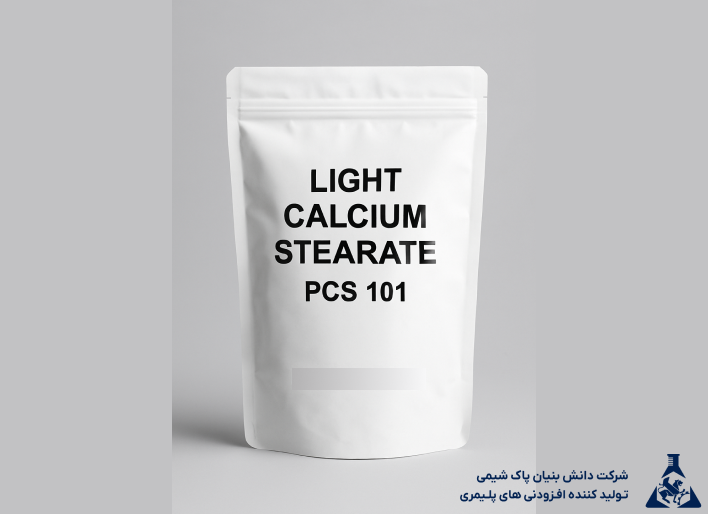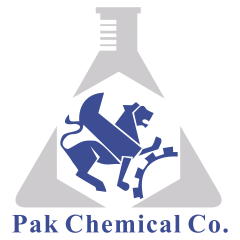Calcium Stearate is a calcium salt of stearic acid, known by the chemical formula C₃₆H₇₀CaO₄. This white, powdery, hydrophobic solid is physiologically non-toxic and functions as a multipurpose compound in a wide range of industries. The light version of the material, called Light Grade Calcium Stearate, has a lower density and softer structure. Manufacturers design it specifically for applications that require rapid dispersion, lubrication, and effective release.
Physical and Chemical Properties
- Molecular Weight: 607.02 g/mol
- Appearance: White powder
- Bulk Density: Low (suitable for high volume distribution)
- Solubility: Insoluble in water and most organic solvents; Soluble in chlorinated hydrocarbons, mineral and vegetable oils and aromatic compounds at high temperatures
Structure and production method
Manufacturers produce light calcium stearate by reacting stearic acid with calcium hydroxide or calcium salts under controlled conditions in an aqueous or organic medium. The quality of the final material depends on the purity of the fatty acid, the stoichiometric ratio, the type of solvent and the drying conditions.
Benefits and performance
- Effective lubricant: Helps reduce friction in mechanical and chemical processes.
- Mold release agent: Prevents polymers and resins from sticking to the mold wall.
- Thermal stabilizer: Helps stabilize PVC and prevent thermal degradation.
- Water repellent: Prevents moisture absorption in building and plastic materials.
- Anti-caking agent: Prevents powders from caking in the food and pharmaceutical industries.
Specialized Applications in Various Industries
- PVC and Polyolefin Plastics Industry
Formulators use Light Calcium Stearate as a secondary heat stabilizer along with Zinc Stearate in both hard and soft PVC formulations.This material prevents color degradation, fuming, and polymer brittleness.
- Pharmaceutical Industries
In the tablet manufacturing process, formulators use Calcium Stearate as a lubricant during cold molding and compression. They also add it as an anti-caking agent in powder formulations.
- Cosmetics Industry
In powder cosmetics such as pancakes, eye shadows, and blushes, Calcium Stearate plays the role of a structural additive and fat absorber. Its high stability and hydrophobicity help the product last longer on the skin.
- Construction Industry
In cement, dry mortar and plaster additives, light calcium stearate is used as a water-repellent agent and increases resistance to moisture and frost.
- Rubber and tire industries
As a plasticizer and mold release agent in the production of natural and synthetic rubber, this substance helps reduce friction and increase flexibility.
- Abrasive and sandpaper
Calcium stearate acts as a lubricant and sealant in the production of sandpaper to achieve controlled and uniform friction.
- Food industry (in permitted cases)
In some countries, calcium stearate is used as a permitted food additive (E470b) in food supplements, chewing gums and tablets. Of course, its consumption must be based on the specific safety standards of each country.
Safety and Environmental Notes
Light calcium stearate is classified as generally safe and non-toxic. However, when working with dry powder, it is recommended to wear a mask to prevent inhalation of fine particles. It does not decompose in water and does not pose a particular environmental hazard.

Read more:
